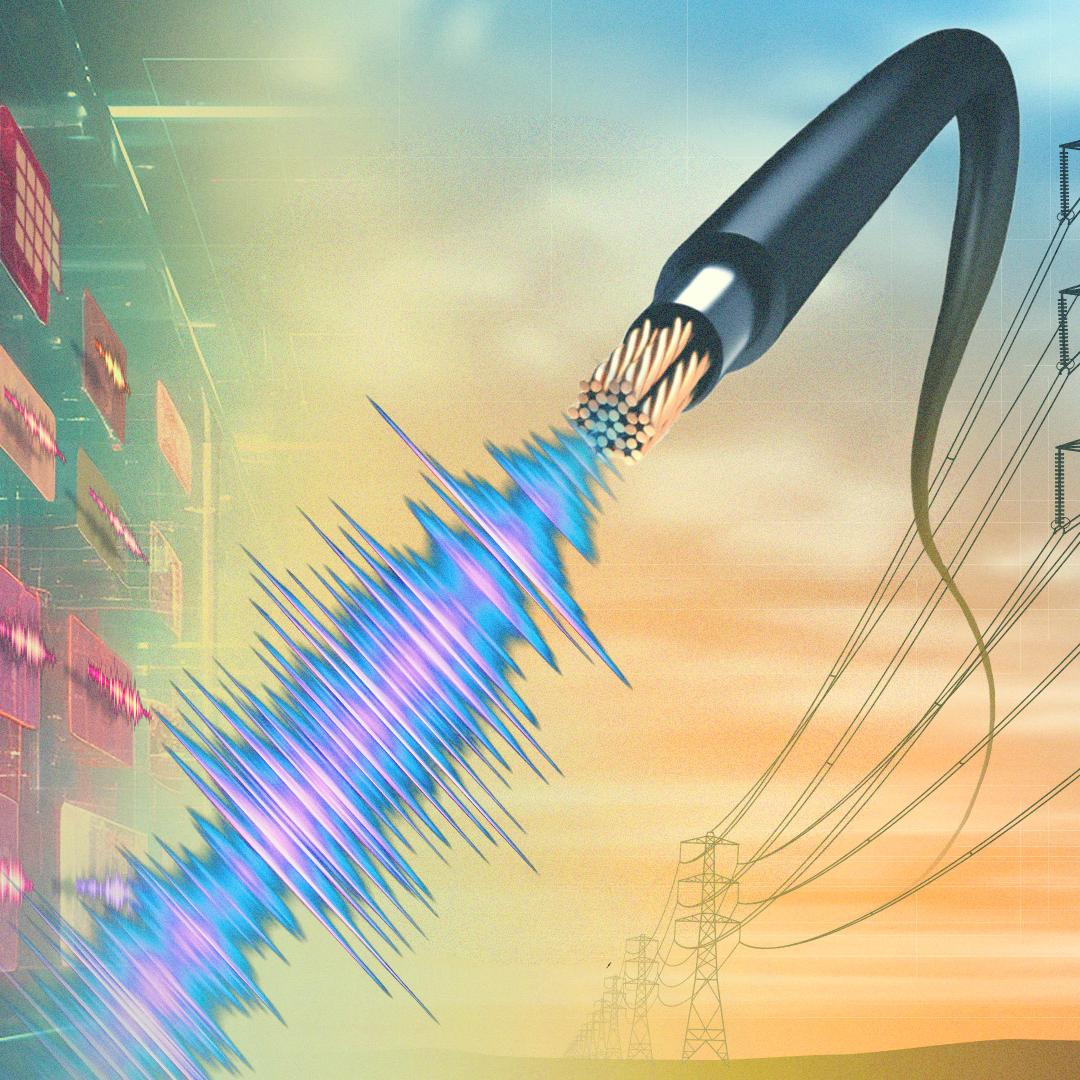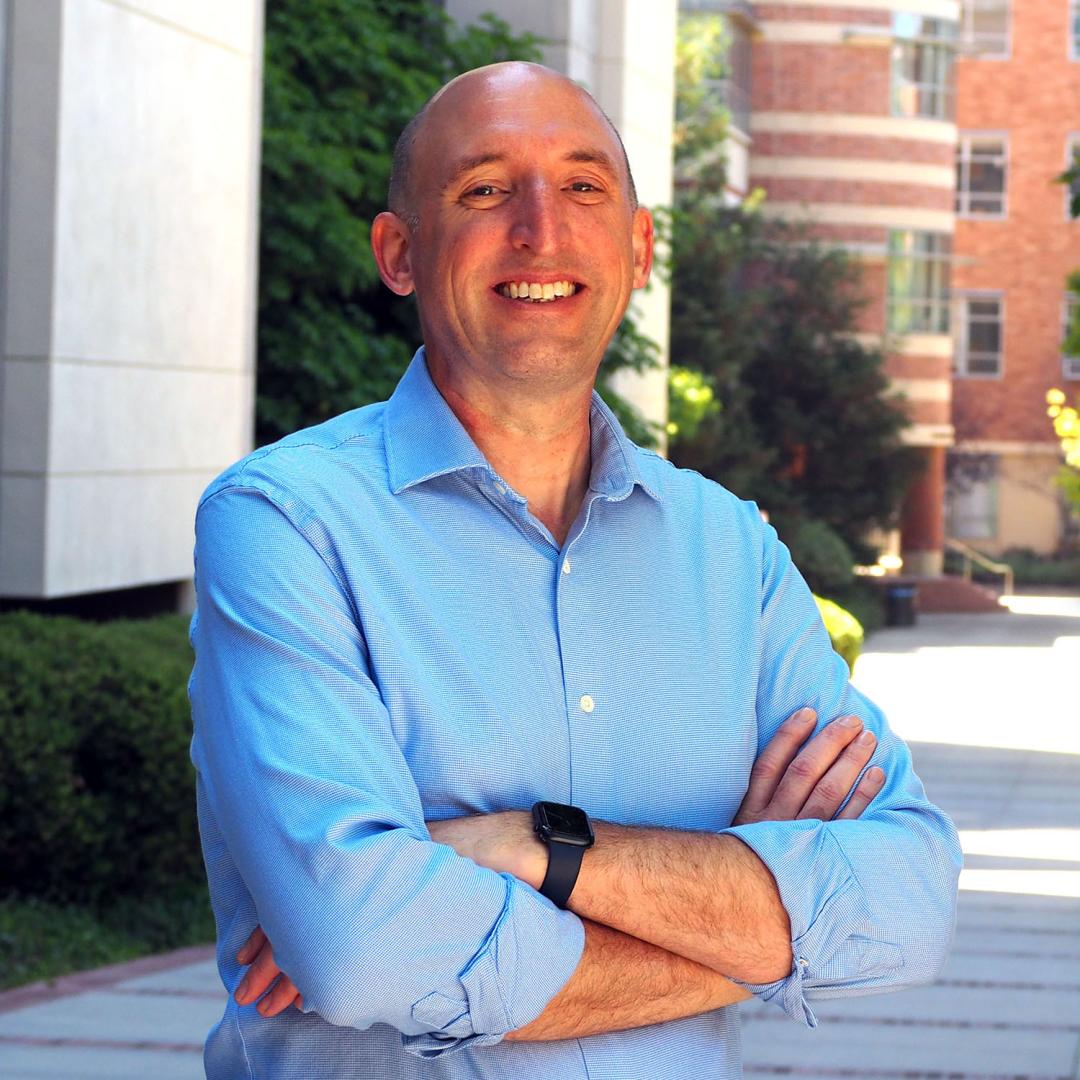
Filter News
Area of Research
- Advanced Manufacturing (2)
- Biology and Environment (12)
- Clean Energy (28)
- Computer Science (5)
- Electricity and Smart Grid (1)
- Fuel Cycle Science and Technology (1)
- Functional Materials for Energy (1)
- Fusion and Fission (17)
- Fusion Energy (1)
- Isotope Development and Production (1)
- Isotopes (2)
- Materials (69)
- Materials Characterization (1)
- Materials for Computing (6)
- Materials Under Extremes (1)
- National Security (13)
- Neutron Science (18)
- Nuclear Science and Technology (9)
- Quantum information Science (2)
- Sensors and Controls (1)
- Supercomputing (34)
News Type
News Topics
- (-) Artificial Intelligence (31)
- (-) Chemical Sciences (33)
- (-) Materials Science (53)
- (-) Microscopy (18)
- (-) Nuclear Energy (33)
- (-) Quantum Science (28)
- (-) Security (11)
- (-) Space Exploration (3)
- 3-D Printing/Advanced Manufacturing (49)
- Advanced Reactors (12)
- Big Data (11)
- Bioenergy (24)
- Biology (22)
- Biomedical (18)
- Biotechnology (7)
- Buildings (15)
- Clean Water (1)
- Climate Change (24)
- Composites (10)
- Computer Science (62)
- Coronavirus (17)
- Critical Materials (11)
- Cybersecurity (18)
- Decarbonization (22)
- Education (3)
- Element Discovery (1)
- Energy Storage (45)
- Environment (43)
- Exascale Computing (12)
- Fossil Energy (1)
- Frontier (16)
- Fusion (14)
- Grid (18)
- High-Performance Computing (31)
- Irradiation (1)
- Isotopes (21)
- ITER (2)
- Machine Learning (14)
- Materials (67)
- Mercury (2)
- Microelectronics (1)
- Molten Salt (2)
- Nanotechnology (28)
- National Security (20)
- Net Zero (4)
- Neutron Science (56)
- Partnerships (28)
- Physics (24)
- Polymers (13)
- Quantum Computing (10)
- Renewable Energy (1)
- Simulation (11)
- Software (1)
- Statistics (1)
- Summit (21)
- Sustainable Energy (36)
- Transformational Challenge Reactor (4)
- Transportation (32)
Media Contacts
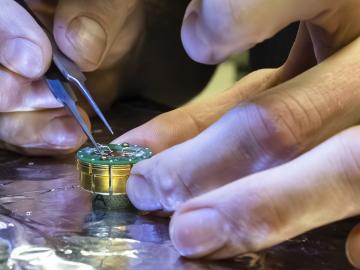
Quantum computers process information using quantum bits, or qubits, based on fragile, short-lived quantum mechanical states. To make qubits robust and tailor them for applications, researchers from the Department of Energy’s Oak Ridge National Laboratory sought to create a new material system.
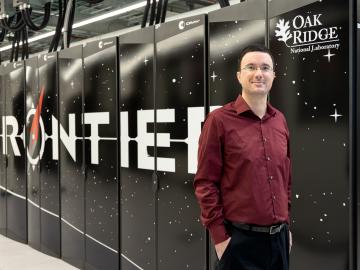
The Exascale Small Modular Reactor effort, or ExaSMR, is a software stack developed over seven years under the Department of Energy’s Exascale Computing Project to produce the highest-resolution simulations of nuclear reactor systems to date. Now, ExaSMR has been nominated for a 2023 Gordon Bell Prize by the Association for Computing Machinery and is one of six finalists for the annual award, which honors outstanding achievements in high-performance computing from a variety of scientific domains.
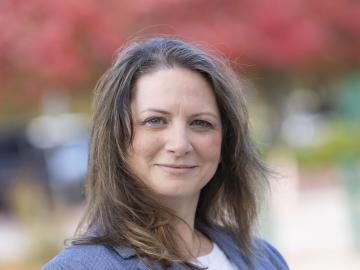
Michelle Kidder, a senior R&D staff scientist at ORNL, has received the American Chemical Society’s Energy and Fuels Division’s Mid-Career Award for sustained and distinguished contributions to the field of energy and fuel chemistry.

A new nanoscience study led by a researcher at ORNL takes a big-picture look at how scientists study materials at the smallest scales.

Rose Montgomery, a distinguished researcher and leader of the Used Fuel and Nuclear Material Disposition group at ORNL, has been selected to participate in the U.S. WIN Nuclear Executives of Tomorrow, or NEXT, class of 2023 to 2024.
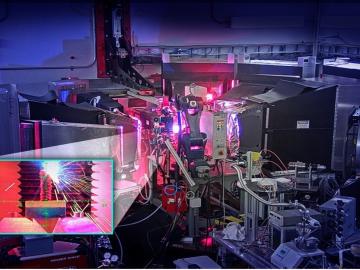
Technologies developed by researchers at ORNL have received six 2023 R&D 100 Awards.
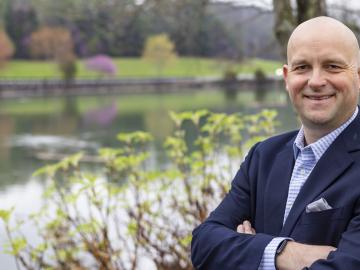
Leigh R. Martin, a senior scientist and leader of the Fuel Cycle Chemical Technology group at ORNL, has been named a Fellow of the American Chemical Society for 2023.
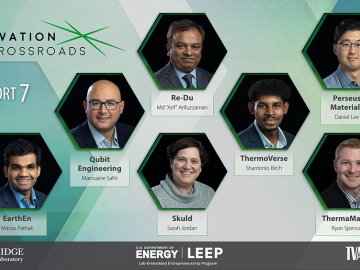
Seven entrepreneurs will embark on a two-year fellowship as the seventh cohort of Innovation Crossroads kicks off this month at ORNL. Representing a range of transformative energy technologies, Cohort 7 is a diverse class of innovators with promising new companies.
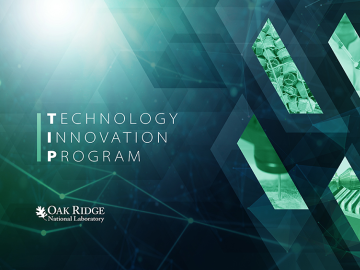
Scientist-inventors from ORNL will present seven new technologies during the Technology Innovation Showcase on Friday, July 14, from 8 a.m.–4 p.m. at the Joint Institute for Computational Sciences on ORNL’s campus.
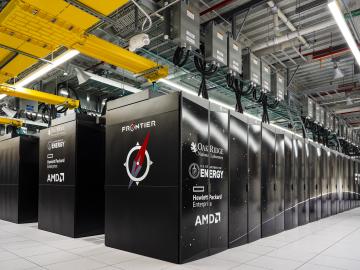
Innovations in artificial intelligence are rapidly shaping our world, from virtual assistants and chatbots to self-driving cars and automated manufacturing.


